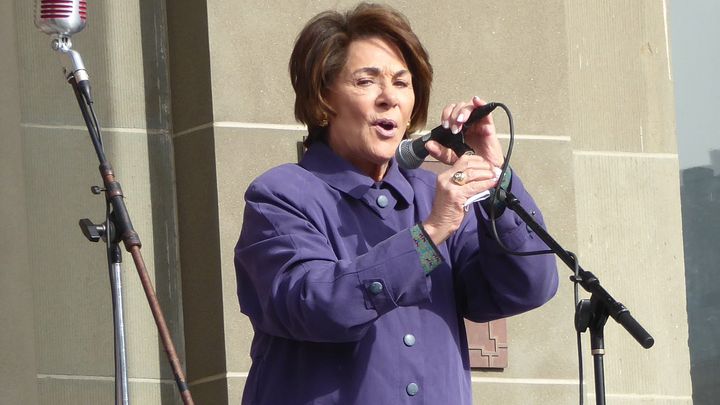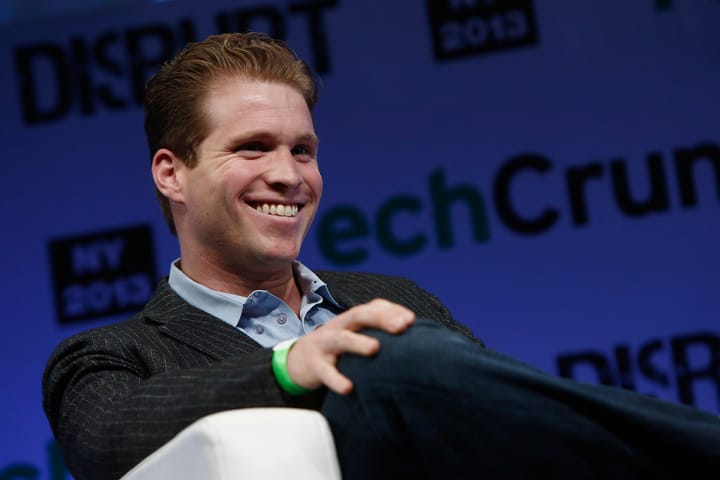The Democratic representative who will lead the Energy and Commerce Subcommittee on Health in the new session of Congress has taken more money from the pharmaceuticals and health products industry over her career than any other member of the House.
Rep. Anna Eshoo of California’s 18th Congressional District will chair the subcommittee after accepting more than $1.6 million in campaign contributions from PACs and individuals affiliated with pharmaceutical and health products companies over the course of her career, according to data compiled by the Center for Responsive Politics. In the 2018 election cycle, Eshoo received $153,450 from the industry, including contributions from the PACs of AbbVie, BioMarin pharmaceuticals, Bristol-Myers Squibb, Pfizer, Merck, and many other drug companies.
The Energy and Commerce Health Subcommittee has jurisdiction over the regulation of the drug industry, among other things. While many Democrats, and even some Republicans, including President Trump, have been advocating action to address the rapid increase in the prices of some drugs, Eshoo has taken a softer tone.
“I’m going to be fair. I’m not out to punish or to do things out of vengeance,” Eshoo said when asked by reporters recently if she would be tough on drug companies in her role at the helm of the health subcommittee.
Eshoo has a record of advancing legislation that benefits the pharmaceuticals industry. In 2009, she introduced legislation, along with Texas Republican Joe Barton, to give pharmaceutical companies 12-year exclusivity periods for biologic drugs, beyond the length of their patents, to protect them from competition by the generic drug industry. Biologics are a class of drugs that target the genetic source of diseases such as multiple sclerosis, rheumatoid arthritis, and Crohn’s disease. Standard chemical drugs get exclusivity periods of five years.
The Eshoo-Barton bill, which was supported by the Biotechnology Industry Organization, a trade group that lobbies the government on behalf of hundreds of biotechnology and pharmaceuticals companies, was passed into law as part of the Affordable Care Act, despite opposition from President Obama and many of her Democratic colleagues.
Following the enactment of the Eshoo-Barton bill, the Biotechnology Industry Organization named Eshoo “legislator of the year” in 2010. The organization had previously given Eshoo the honor in 2002.
Eshoo has also sponsored pharmaceuticals industry-backed legislation to protect a program under which drug companies pay fees to the Food and Drug Administration (FDA) to help speed up the drug approval process. This program has been criticized as a source of regulatory capture by watchdog groups like the Project on Government Oversight. “This arrangement gives the pharmaceutical industry extraordinary influence over its government overseer,” POGO wrote in a 2016 report. “It leaves the regulator beholden to the regulated.”
When it comes to bills that address the issue of rising drug prices, Eshoo has not been a supporter. The most prominent of such bills is the Fair Accountability and Innovative Research Drug Pricing Act (H.R. 2439), a 2017 bipartisan measure that would require drug companies to provide notice and justification for price increases that result in a 10 percent or more increase in the cost of a drug over a 12-month period or a 25 percent or more increase over a 36-month period. The bill had 25 co-sponsors in the 115th Congress, but Eshoo was not one of them.
And on Medicare for All, which would likely reduce drug prices because of the immense buying power the government would yield, Eshoo recently backed away from her own suggestion that the subcommittee might hold a hearing on the policy. On Jan. 17 she changed her tune and told Politico that it was unlikely the committee would be able to find “spare time” to discuss Medicare for All.
In response to an August 2018 campaign ad criticizing her record on drug prices, Eshoo’s campaign issued a statement noting that the Representative “supports price negotiations in Medicare Part D to drive down costs,” a policy change that President Trump also favors and partially accomplished in a November 2018 rule proposal.
Eshoo’s bid to lead to the Health Subcommittee received critical early support from Rep. Frank Pallone (D-N.J.), the Chairman of the Energy and Commerce Committee. Pallone also counts the pharmaceuticals and health products industry among his top donors, having pulled in $252,450 from PACs and individuals in the industry in the 2018 election cycle, according to the Center for Responsive Politics.
Eshoo’s office did not immediately respond to a request for comment.
Related:



